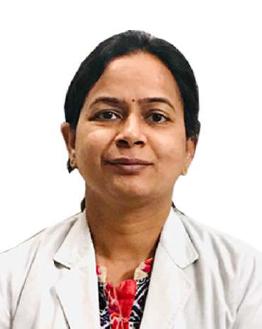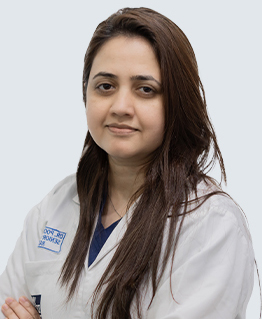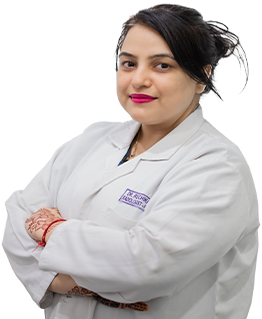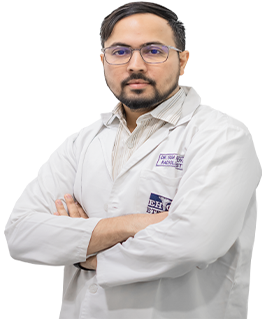For OPD:
+91-9549158888Eternal hospital is a fully equipped multispecialty hospital that provides with the best treatment and care. We have a team of best doctors and facilities that include new technological treatments and devices. Our Radiology department is well known for the facilities it provides. The department strives to meet all the need of the patient in diagnostic imaging and therapy. We continue make an effort to provide our patients with clinical services to meet all the present scientific and medical challenges.
Radiology
Radiology is the study of high energy radiation used to diagnose and treat various diseases. Radiologists are doctors that are specialized in the field of radiology. The various imaging tests take different pictures of various parts of the body in order to provide detailed image of the area affected. The different imaging tests include X-ray, Ultrasound, CT scan, MRI scan, fluoroscopy, PET scan mammography and bone mineral densitometry. Radiology is basically classified into diagnostic radiology and interventional radiology.
Why is Radiology important?
Radiology plays a vital role in health care sector. It has emerged as the most promising tool in diagnostics. A wide range of health problems are detected early and cured at the right time; saving hundreds of lives every day. It helps the doctors to get a comprehensive idea of the disease. Due to all the technological advancements, the treatments provide accurate results and helps in fast recovery as well.
Benefits of Radiology:
- Early detection of diseases
- Visually guides the doctor in treatment
- Accurate diagnosis of disease
- Less risky
Risk factors involved in Radiology
- Exposure to radiations
- Excessive exposure to radiations might cause cancer later in life.
Diagnostic Radiology
Diagnostic Radiology helps the doctors to diagnose the injury in detail with the help of images. The specialist then interprets these images and treats accordingly. Diagnostic imaging helps the radiologist to:
- Diagnose the cause of the symptom
- Monitor the body response of the treatment
- Early detection of cancer and heart disease
Diagnostic Imaging tests include:
- MRI scan (magnetic resonance imaging)
- Ultrasound (sonography)
- Abdominal Ultrasound
- Doppler Ultrasound
- Advanced CT scan
- Non-Invasive CT Angiography
- PET scan (positron emission tomography)
- X-ray (plain radiography)
- CT scan (computed tomography)
MRI scan (magnetic resonance imaging)
Magnetic Resonance Imaging is a scanning procedure that uses strong magnetic radiations that generates signals from the body. These signals are then detected by a radio antenna and processed by a computer in order to make a detailed image map of the body. It helps the doctor to accurately access the medical problem and provide with best treatment possible.
Abdominal ultrasound
An ultrasound scan is an imaging procedure that uses high frequency sound waves to capture live images from inside of the body. Unlike other imaging procedures it does not use radiation which is also the primary reason to use it while pregnant. It is used to monitor the developing fetus during the pregnancy.
Abdominal Ultrasound is highly recommended by doctors to see various organs in the abdomen such as gallbladder, intestines, kidney, liver, blood vessels etc. it helps the doctors to access the cause of various diseases.
Doppler Ultrasound
A Doppler ultrasound is also a noninvasive test which helps in estimation of blood flow by using high frequency sound waves. It is different from a normal ultrasound since a regular ultrasound can only produce images but it is incapable of showing the blood flow and blood vessels. This revolutionary technique helps to diagnose Blood clots, heart defects, a blocked artery, decreased blood circulation etc.
Advanced CT scan
Computed scan or CT scan is a diagnostic procedure that generates a sequence of detailed images of various body parts. In this process several X- rays are produced from different angles to produce a detailed Image map. The advanced CT scan processes these X- rays and prepares a three-dimensional image of the body. This helps the doctors to see soft bones and tissues of the body. Such technological advancements in medicine are very helpful in complicated surgeries.
Non-Invasive CT Angiography
Non-Invasive CT Angiography is a technique that shows detailed images of blood vessels. This helps the doctors to see the proper functioning of the heart and blood vessels of different parts of the body.
Interventional Radiology
Interventional Radiology is a specialization that uses imaging procedures to obtain specific images of inside of the body. These images are carefully studied to diagnose and interpret the cause of the injury or disease. The major advancements in interventional radiology help the doctors in early detection of cancer, tumor, blockage in arteries or veins, liver issues, fibroids, and other bodily problems.
Interventional radiology procedures include:
- Angioplasty
- Cancer treatment
- Tumor ablation
- Biopsy
- Nephrostomy
- Spinal cord embolisation
- Uterine Fibroid embolisation
- Joint injection








